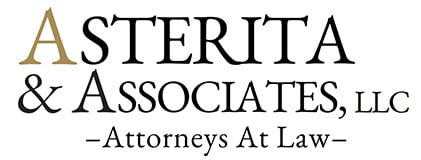One of the first things a new business owner has to decide is what type of business structure they need. There are several things that come into the picture when they’re doing this. Taking the time to choose the most appropriate structure can protect you and your new business.
To decide on the type of business structure that best suits your needs, consider the following factors:
- Liability: Consider your level of personal liability and the potential risks involved in your business.
- Taxation: Analyze the tax implications of each business structure.
- Control: Determine how much control you want to have over the business.
- Future growth: Consider your plans for growth and how each structure will accommodate them.
- Administrative complexity: Evaluate the level of paperwork and ongoing formalities required for each structure.
Once you consider those, you can look into the more common structures that you might use to establish your new company.
Common business structures
The sole proprietorship is the simplest business structure, with the owner having complete control and responsibility for the business. The owner assumes all liability, and the business income is reported on the owner’s personal tax return. It’s easy to set up and maintain.
A partnership consists of two or more individuals who share the ownership, responsibilities, and profits of the business. There are two types of partnerships: general and limited. In a general partnership, all partners share equal rights and liabilities. In a limited partnership, some partners may have limited liability and limited control. Partnerships require a partnership agreement and typically file a separate tax return.
A limited liability company is a hybrid structure that combines the limited personal liability of a corporation with the tax advantages and flexibility of a partnership. Owners, called members, are not personally liable for the company’s debts. LLCs can have one or multiple members and are suitable for small to medium-sized businesses.
Having legal guidance can be helpful. This decision is often a primary line of defense when things go awry with a company.

